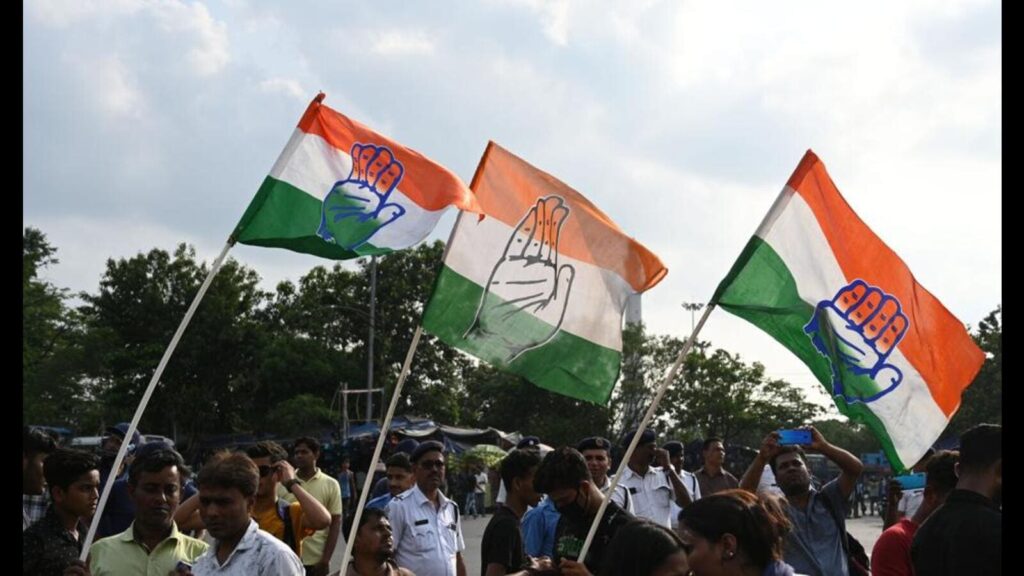A controversial ordinance promulgated by the Centre to take control of the bureaucracy has thrown an unexpected spanner in the works of Opposition unity. Even as several opposition parties have backed the Aam Aadmi Party (AAP) in its fight against the Bharatiya Janata Party-led Union government, the Congress appears to be caught in a dilemma. Several of its state units have urged the party leadership to not back a party that it competes against in some states. The Congress’s qualms about backing the AAP are understandable. As an analysis in this newspaper found, the younger outfit has grown largely at the expense of India’s biggest opposition party, especially in Delhi and Punjab, two states that are under the control of the AAP. To strike a balance, the Congress appears to have decided on a strategy of fighting at the local level and coordinating strategy at the national level.
But this plan of vacillation may be counterproductive, especially for the fledgling project of Opposition unity. Plenty of instances in India’s political history show that the strategy of acting as a local party in some instances and a national party in others doesn’t work – the Congress’s own experience in West Bengal, where its on-again, off-again alliance with the Left Front over the years has yielded diminishing returns, could hold some pointers. If opposition parties want to build a platform to take on the BJP, and the Congress wants to function as the fulcrum of such a formation, it will have to take a steady, principled stand on issues, irrespective of immediate political circumstances and exigencies. This is true not just for the Congress or the AAP, but for any party hoping to take on a more national role.
Enjoy unlimited digital access with HT Premium
Subscribe Now to continue reading


